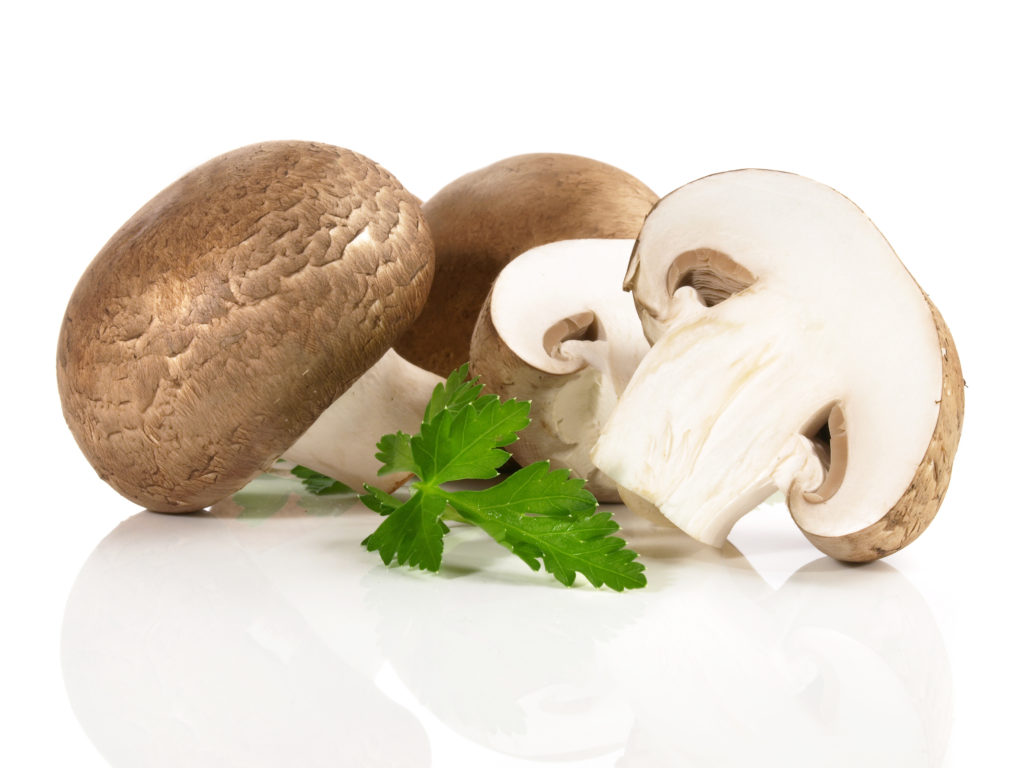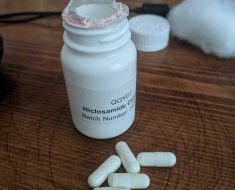Buying land offers Vitamin-D-mushrooms: How to make sense of these mushrooms are?
The food retail chain the country of purchase offers for some time mushrooms, the Vitamin D content must be increased by the irradiation with UVB-light 30 Times compared to conventional mushrooms. The Stiftung Warentest has taken the mushrooms now in more detail and explains how useful they are.
Widespread Vitamin D deficiency
In the past year, it was reported that around 60 per cent of children and young people have in this country more or less low values of Vitamin D. In addition, one study showed that about half of the over 65-Year-old from a Vitamin D deficiency, are affected. In General, the Vitamin D supply in Germany is considered to be defective. It makes sense, therefore, foods with Vitamin D to enrich, as this happens now for some mushrooms?

Now also available in Germany
German researchers have already reported years ago about Vitamin D-enriched mushrooms, which are sold in the UK and Ireland.
A few months ago, also of Swiss mushroom producers of mushrooms brought to the market, which are rich in Vitamin D.
And in the meantime, the food retail chain Kaufland in Germany, breeding mushrooms, which should be by the irradiation with UV-light, rich in Vitamin D.
But what is the Use of Vitamin D mushroom?
Mushrooms are briefly illuminated with UVB light
“30 x more Vitamin D” as in conventional cultivated mushrooms, “containing 100 grams of 125 percent of the recommended daily dose” – this is the label of the Vitamin-D-mushrooms, which are exclusive to the country of purchase in the offer, promises to be the Foundation goods test on their website reports.
200 grams will cost around two euros.
According to a communication from the food retail chain the mushrooms are briefly lights with UVB-light. According to the company, the Vitamin D content of mushrooms increased by 30 Times compared to conventional mushrooms.
The radiation mimics a process in nature – because the fungi form under the influence of sunlight and plenty of Vitamin D.
In the case of conventional breeding mushrooms that won’t happen, because they sprout in the light of day. The Vitamin D to support the health of bones and teeth.
The process was developed by Dr. Paul Urbain, nutrition scientists at the University hospital of Freiburg.
Be produced in the specific mushrooms from the company Pilz land in lower Saxony.
The irradiation process works
The Stiftung Warentest has sent the mushrooms back to the lab and reported on “test.de” whether or not the mushrooms actually bring something to the Vitamin D-the budget and whether the Vitamin D levels also votes.
The information, according to the experts, the Vitamin D content of mushrooms from seven different packages determined and found that the irradiation process works.
The Vitamin D levels are, on average, at 9.6 micrograms per 100 grams, well above the Held ordinary mushrooms.
A Sample of ordinary fungi, only about 0.3 micrograms of Vitamin D per were determined in 100 grams.
Based on the average value of the promise by the provider that the Vitamin-D-mushrooms 30 times more contain of the so-called sunshine vitamin.
Vitamin D levels vary significantly
However, the Vitamin D contents of the pack vary package. The lowest content was found in the mushrooms of a pack, was 5.3 micrograms of Vitamin D per 100 grams.
The highest salary was, however, at 15.1 micrograms. This value even exceeds the maximum level, the EU has set for these novel foods under the European Novel Food regulation: ten micro-grams per 100 grams.
An Overdose of Vitamin D do not need to worry about mushroom lovers yet. Even the Vitamin D-rich mushrooms you could eat, according to the test on duration daily, without hesitation several packs.
Because the Vitamin D contents of the special mushrooms, so much the Tester, refer to distinguish the precise Vitamin-D-indication on the package of 6.25 micrograms per 100 grams to as “slip carefully”.
In addition, the mushrooms were not named correctly: The Novel Food regulation requires that breeding in mushrooms treated with UV-radiation, “have a hot, UV-treated mushrooms (Agaricus bisporus)”.
But on the label the name “Vitamin D mushrooms” and “culture champignon only”.
Humans get Vitamin D primarily through sunlight
“Right now in the dark winter months many people suffer from a Vitamin D deficiency. Because the UVB-component in sunlight is too small for their Vitamin D production in the skin,“ says Dr. Paul Urbain.
“The stone mushrooms are, in particular, for vegetarians and Vegans with the ideal possibility of their Vitamin D requirements easily and to cover tastefully,” says the nutritionist.
It is important to know, however, that the man through the food only about ten to 20 percent of the Vitamin D needs.
Significant amounts are contained in oily fish such as herring and salmon. Smaller quantities provide, for example, egg yolks and Margarine, which may be enriched with Vitamin D.
Mainly the human Vitamin D, in particular for bone important to get, through the sun light in the summer half of the year.
Therefore, professional societies recommend, between March and October, two to three times per week to the face, hands, and arms uncovered and without sunscreen to the sun – midday sun should be avoided.
The Robert-Koch-Institute (RKI) according to the half of the time, in the otherwise unprotected a sunburn would occur.
Those who stay longer in the sun, you should protect with sunscreen. The body can store a supply of Vitamin D, which is sufficient for most people to get without deficiency symptoms about the dark time of the year.
Taking dietary supplements
Some people put the intake of Vitamin D preparations. This should, however, be basically discussed with the family doctor.
However, such supplements are not for all people is advisable, experts warn.
In addition, some of these preparations are not recommended, but even a risk, as shown Tests.
And the drug Commission of the German medical Profession (AkdÄ) pointed out that it can come to Overdose with Vitamin D preparations.
According to the Stiftung Warentest, the intake of Vitamin D supplements for certain at risk groups may be useful, for example, in Bedridden or people 65 and older, who can no longer make as good Vitamin D through the skin. (ad)





